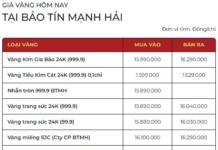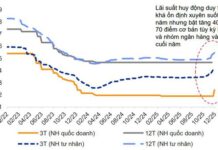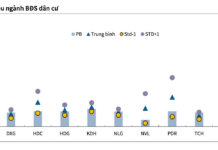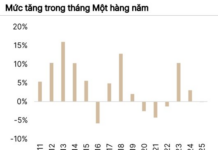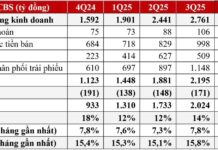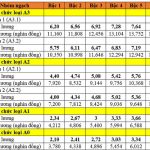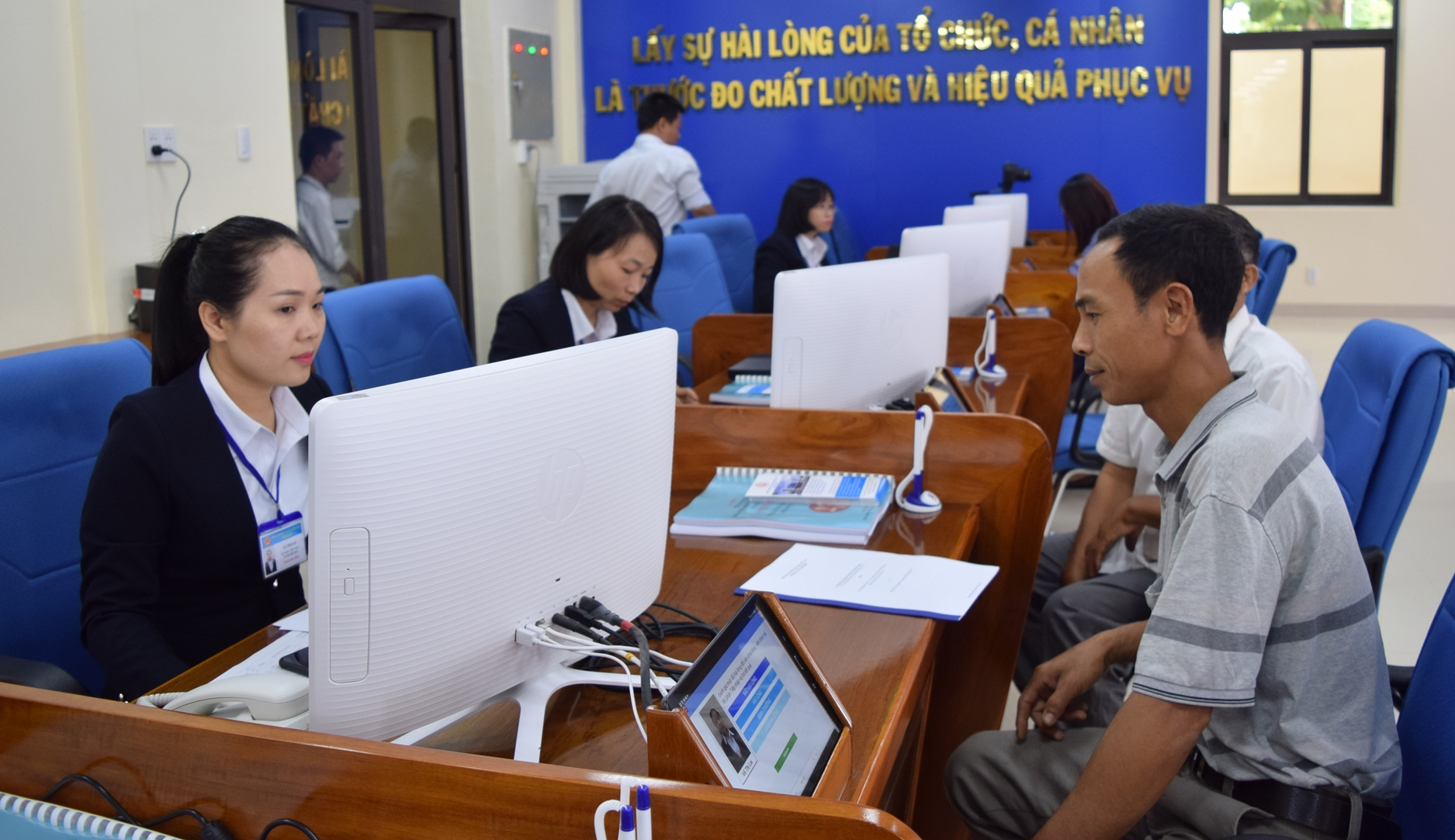
The new basic wage has been increased to 2.34 million VND per month, effective from July 1st.
The draft clearly states the identification of financial sources for implementing the basic wage and bonus policies according to Decree No. 73/2024/ND-CP and adjusting allowances for commune-level officials who have retired according to Decree No. 75/2024/ND-CP.
Accordingly, the financial source for implementing Decree 73 for the ministries and central agencies is the unspent fund for salary reform up to the end of 2023, which will be carried forward to 2024.
In addition, at least 40% of the revenue retained according to the 2024 regime, after deducting direct costs related to service provision and fee collection, will be utilized. Specifically, for revenue generated from the provision of medical examination and treatment services, medical prevention, and other health services by public medical institutions, a minimum of 35% will be used after deducting direct costs. The scope of revenue deduction is guided by Clause 3 of this Decree.
The ministries and central agencies will also use the savings of 10% of the regular expenditure (excluding salary, salary allowances, and other salary-related payments, as well as payments for individuals according to the regime) in the 2024 estimate, which is an increase compared to the 2023 estimate assigned by the competent authority.
For provinces and centrally-run cities, the financial source for implementing the basic wage increase is the savings of 10% of regular expenditures (excluding salary, salary allowances, and other salary-related payments, as well as payments for individuals according to the regime) in the 2023 estimate assigned by the competent authority.
Along with this, the savings of 10% of regular expenditures (excluding salary, salary allowances, and other salary-related payments, as well as payments for individuals according to the regime) in the 2024 estimate, which is an increase compared to the 2023 estimate assigned by the competent authority, will be utilized.
As proposed by the Ministry of Finance, provinces and cities are allowed to use 70% of the local budget revenue increase in 2023 and 50% of the local budget revenue increase in the 2024 estimate compared to the 2023 estimate assigned by the Prime Minister.
Additionally, 50% of the state budget’s reduced expenditure on regular activities in the administrative field (due to streamlining of personnel and reorganization of the political system to be more streamlined and effective) and in public non-business units will be utilized.
Furthermore, localities can use at least 40% of the revenue retained according to the 2024 regime, after deducting direct costs related to service provision and fee collection. Specifically, for revenue generated from the provision of medical examination and treatment services, medical prevention, and other health services by public medical institutions, a minimum of 35% will be utilized after deducting direct costs. The unspent fund for salary reform up to the end of 2023 will be carried forward.
For public non-business units that are self-financing in investment and regular expenditures, public non-business units that are self-financing in regular expenditures, agencies and units that are assigned a financial autonomy mechanism by competent authorities, such as public non-business units that are self-financing in investment and regular expenditures or public non-business units that are self-financing in regular expenditures; agencies and units that are assigned a financial autonomy mechanism by competent authorities: The unit decides on the ratio of revenue that must be deducted to create a source for salary reform and self-ensure financial resources to implement the salary adjustment according to Decree No. 73/2024/ND-CP.
The central budget will support the financial needs for salary reform of the ministries, central agencies, and localities after balancing the financial sources but still failing to meet the needs for salary reform as prescribed.
Previously, as reported by NLD, according to Decree 73 of the Government, from July 1st, 2024, the basic wage will increase from 1.8 million VND to 2.34 million VND per month.
Minister of Internal Affairs on salary policy reform and administrative unit arrangement
In 2024, the Ministry of Interior continues to advise on decentralization and delegation of authority, emphasizing the reorganization of the administrative apparatus. It proposes to the competent authorities the synchronized, unified, comprehensive, and effective implementation of wage policy reforms starting from July 1, 2024.
Government Issues Plan to Implement New Wage Policy
The government has recently released a plan to implement a reform in salary policies for officials, civil servants, employees, armed forces, and workers in enterprises.
Higher wages in education and healthcare industries compared to the average rate
According to Minister Pham Thi Thanh Tra, when implementing salary reform, the salaries of education and healthcare civil servants will be higher than the general level of the civil servant and other staff, because we are implementing salary policy reform linked to the implementation of the resolution on fundamental and comprehensive education and training development, healthcare.






